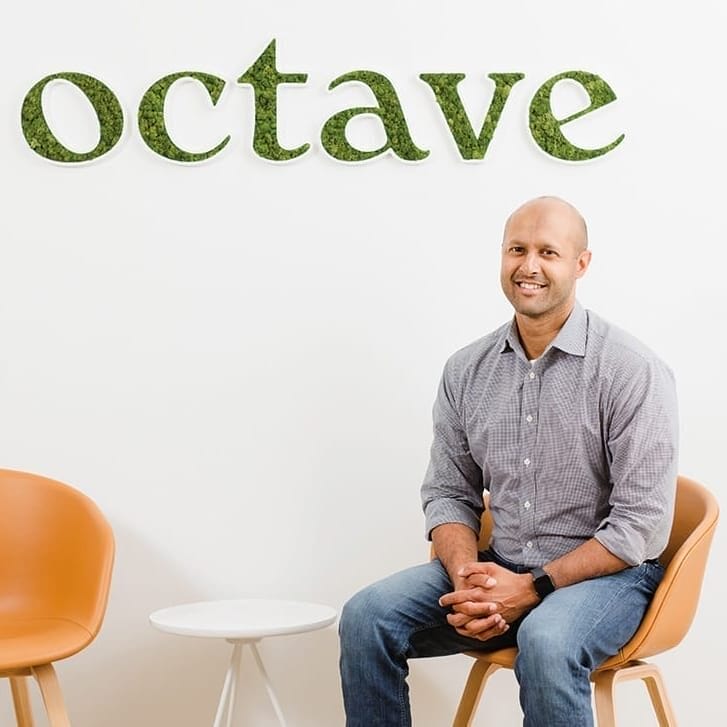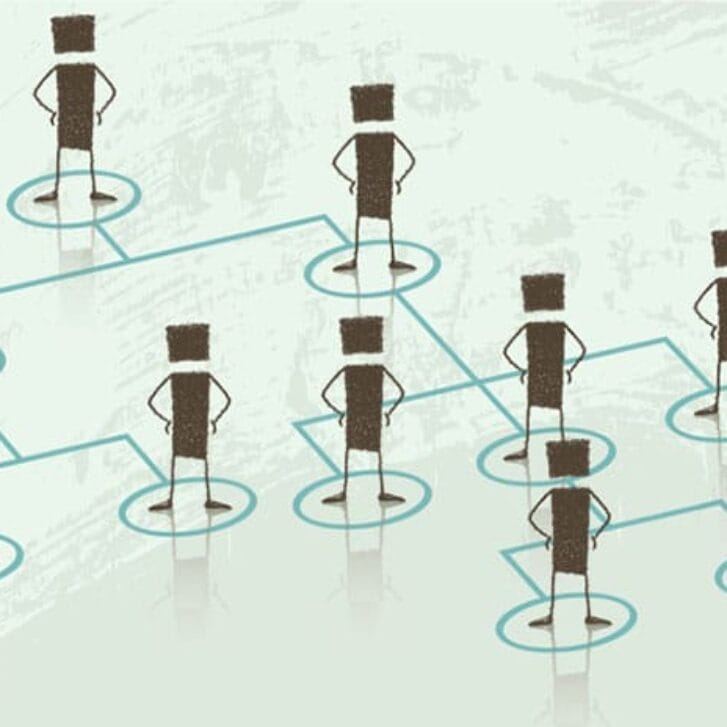As of this month, I have now done a full lap as Wharton dean. Now is a good time to reflect on my first year as “CEO.” Here are three leadership lessons I have learned at Wharton that I hope might resonate with people leading organizations well beyond the ivory tower.
Leadership Lesson 1
Meet as many people as you can, as soon as you can, and meet them where they live and work.
Over the past year I have met in small groups or individually with as many of Wharton’s key stakeholders as I have been able—students and alumni, faculty and staff, employers, etc. This was clearly the right thing to do because I always learn something from people who have different perspectives from my own. “The benefits of diversity” is more than a cliché; actively listening to diverse stakeholders makes you a better leader.
And I have always found it is better to meet people where they are, rather than in my office. It is an unwritten rule of business that meetings take place in the office of the most senior person involved (convenient for people like me with wall-to-wall meeting schedules). But it is not only a valued mark of respect to meet people where they feel at home; you also tend to learn a lot from being in their environment.
Leadership Lesson 2
Leading by “aspire, inspire” is always better than top down “command and control.”
Universities are inherently decentralized places where people tend not to respond well to being told what to do, even if you have the formal authority to do so. Therefore, communicating a clear vision of where you want to go and then doing all you can to persuade others to join you on the journey is the best leadership strategy in universities.
But I am struck that in organizations where the chain of command is everything, such as the military, aspire/inspire leadership is what sets the real leaders apart from people who just use elevated positions to tell people what to do.
Leadership Lesson 3
Being authentic is the best way to lead, but it’s no excuse for not thinking before you act.
The obvious benefit of authenticity is that we are all better at being ourselves than being anybody else; call it our personal comparative advantage. At the same time, however, I always try to be self-aware and self-reflective. How is my behavior affecting people around me? Is the way I am at work reflecting who I am as a person?
We are all playing professional roles at work. But the best way to succeed at work is to be your full and best self. Leaders not only do that themselves. They bring it out in everyone around them.
Editor’s note: The original version of this article appeared on LinkedIn on June 4, 2015.


























